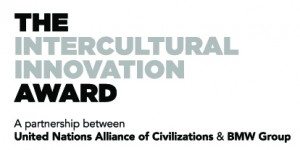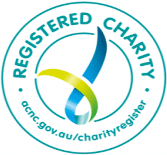Challenge what you know
Everyday Racism is the first mobile app of its kind designed to challenge your understanding of racism.
Take the 7-day Challenge
- Immerse yourself in real-life scenarios
- Experience new environments and perspectives
- Test your own limits and build your confidence to speak up
Who should take the challenge?
They might be a community or business leader who can set a powerful example by taking the challenge. Or they could be someone who too often engages in racist behaviour — and needs this experience to build empathy for those who are targeted.
Whoever they are, invite them to join you.
Challenge someone today by posting with #EverydayRacism and encourage them to take the 7-day journey.
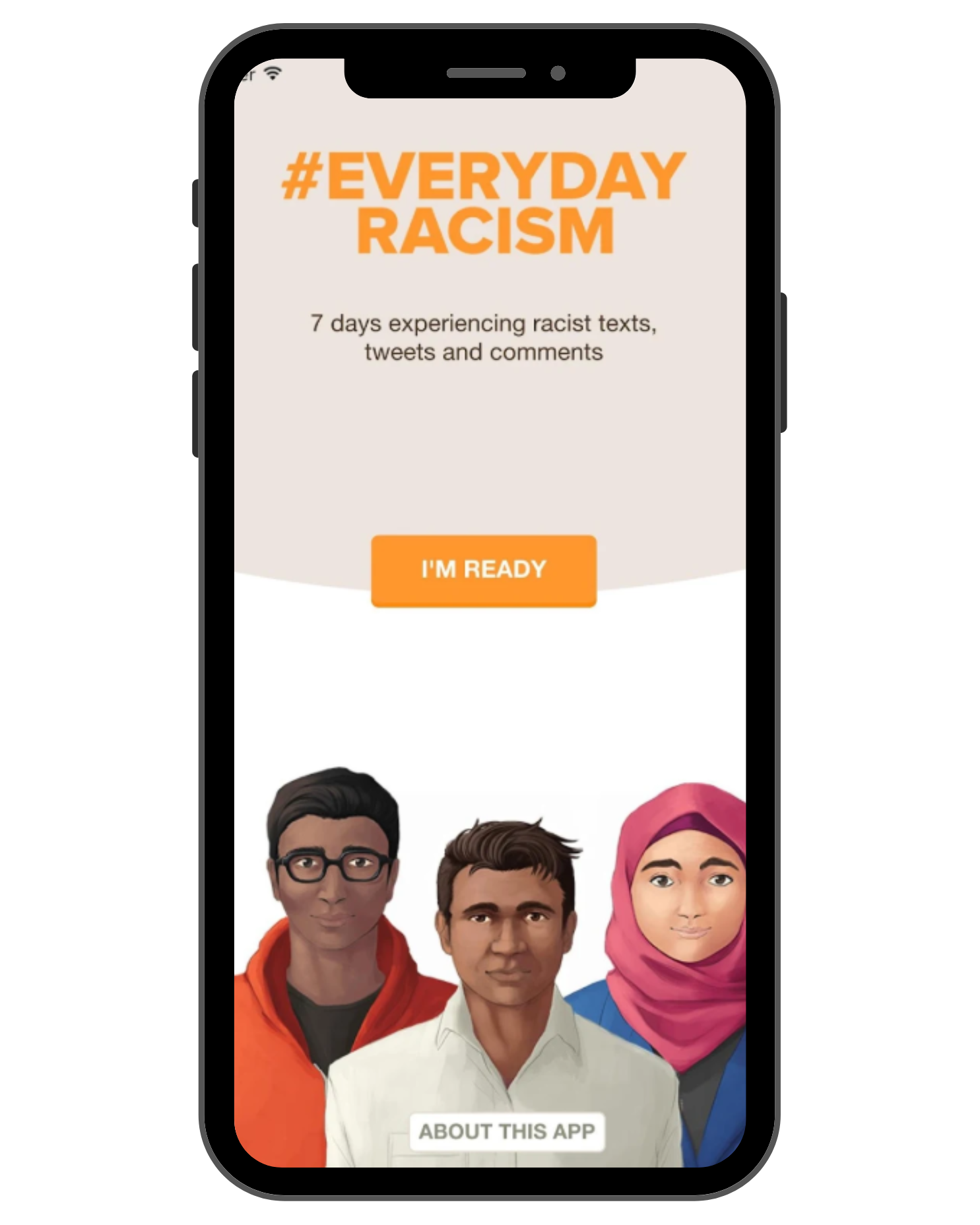
Explore our Everyday Racism App
A world-first mobile phone app, Everyday Racism is a game/education app, which challenges players to live a week in the life of an Aboriginal man, a Muslim woman, an Indian student or just yourself.
Available for the first time in Australia, Everyday Racism offers a journey to better understand racism by walking in the shoes of someone else for seven days.
It’s an immersive experience where over the course of one week, you’ll receive texts, tweets, images and videos that will challenge you and your assumptions. It will help you understand the importance of speaking up when you witness racism and how to be a better upstander.
Seize this opportunity to experience what life can be like for ethnic and cultural minorities in Australia.

Everyday Racism Impact
In the 12 months since the app launched, more than 25,000 people downloaded it. Early results from a survey of Everyday Racism players (analysed by the University of Western Sydney) reveal that players:
– 76.5% have increased awareness of racist talk and actions
– 90.7% perceive the app’s effectiveness at encouraging bystander action
– 60.0% have spoken up against racism since playing
– 97.9% perceive the importance of action

Awards
The app was awarded second place in the world for a 2014 Intercultural Innovation Award, sponsored by BMW Group and the United Nations Alliance Of Civilizations (UNAOC). This included a cash prize plus mentoring to increase the reach and impact of the app.
The app was also one of three winners of the PEACEapp prize 2015, awarded by the United Nations Alliance Of Civilizations (UNAOC). This included a cash prize and attendance at the PEACEapp conference.
Keep the app running – Donate today!
All Together Now is a small not-for-profit charity, and we rely on donations to maintain and improve resources like this. Your donation will help us update the app for smoother performance and better accessibility, so it can continue helping more people understand the impact of racism.
If you’re able to help, or share this appeal with others, you’ll be making a real difference in keeping this resource strong and accessible for everyone.
Who’s behind the Everyday Racism App?
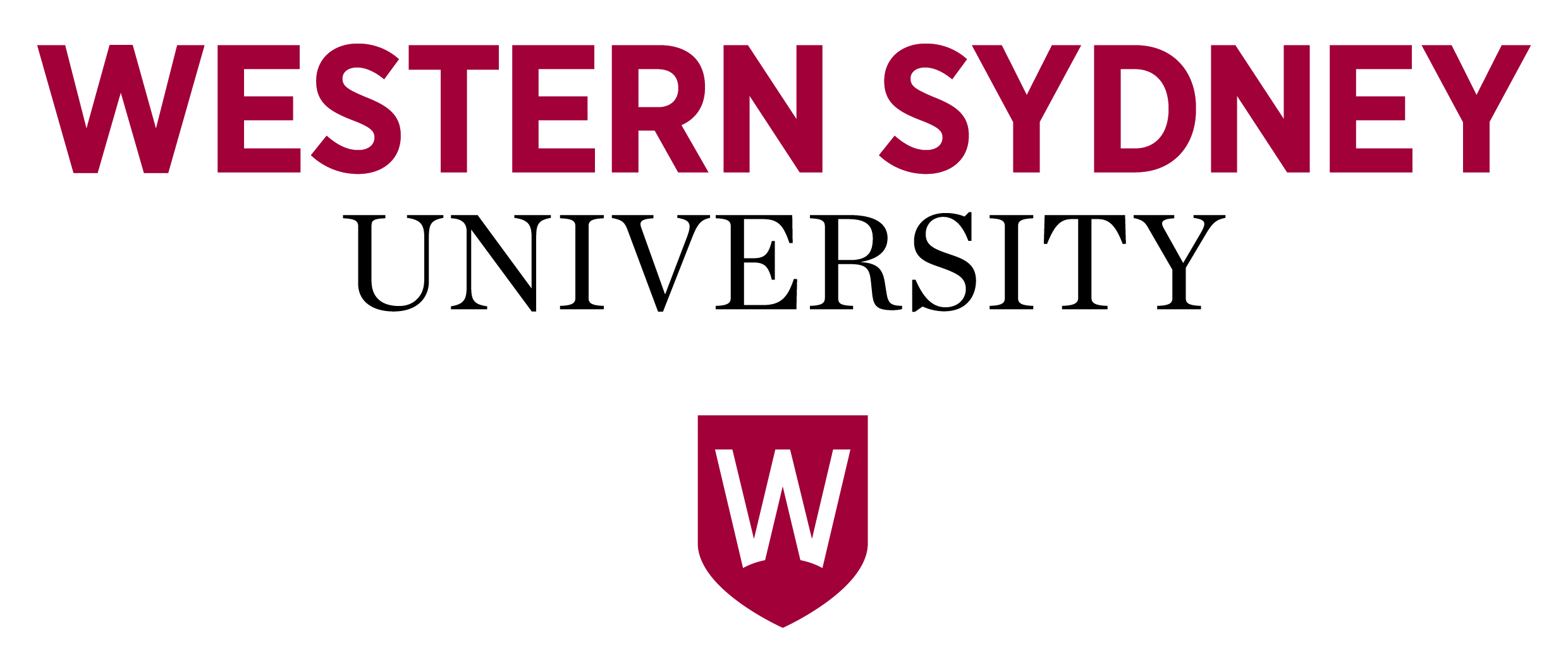
Western Sydney University
The Challenging Racism Project conducts world-class research on racism and anti-racism that is interdisciplinary and innovative. Committed to principles of social justice and quality empirical research, the Challenging Racism Project is globally recognised for its research impact in countering racism and improving community relations.
Based in Western Sydney, one of the most culturally diverse regions in Australia, the Challenging Racism Project is ideally situated to provide topical, timely and engaged research on issues concerning cultural, religious and ethnic diversity. Research from the Challenging Racism Project examines Islamophobia; online racism and anti-racism campaigns; ethnic discrimination in the rental housing market; prosocial behaviours among school students in response to racism and bullying; misinformation, disinformation and public trust; hate and extremism; teacher understandings of multiculturalism and anti-racism education; regionally appropriate anti-racism strategies; and comprehensive national data on the nature of racism in Australia.
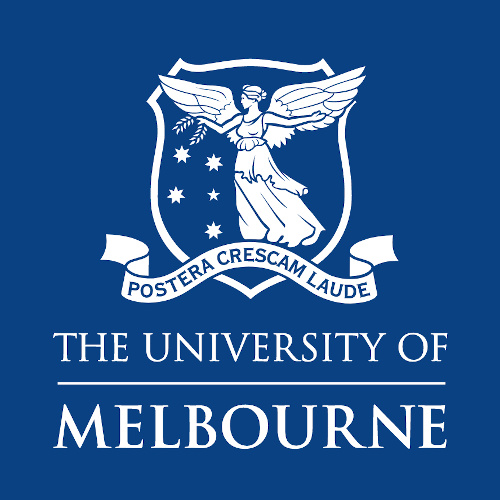
University of Melbourne
The McCaughey VicHealth Centre for Community Wellbeing works with communities to create the foundations for a healthy start to life and reduce race-based discrimination.
Established in 2006, the McCaughey VicHealth Centre for Community Wellbeing works with communities to create and exchange knowledge on the social, economic and environmental bases for health, equity and community wellbeing.
Undertaking research that fosters policy development, teaching, workforce development and knowledge translation, the Centre works to: create the foundations for a healthy start to life; reduce race-based discrimination; increase social inclusion; enhance health and community services; promote safe and healthy work; and increase access to safe and supportive built and social environments.
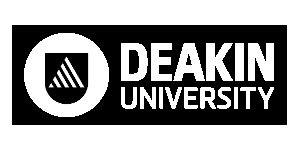
Deakin University
The Centre for Citizenship and Globalisation at Deakin University seeks to understand how citizens, political groups, and corporations interact with each other.
The Centre for Citizenship and Globalisation, located in the Faculty of Arts and Education, Deakin University is a Strategic Research Centre that focuses on the nature of globalisation and its impact on the relationship between individuals and nations. The Centre seeks to understand how citizens, political groups and corporations interact with, and claim membership of, social, economic, political and cultural organisations within and beyond individual countries. This involves innovative research on belonging, participation and accountability in contemporary and historical contexts, taking into account the impact of new technologies while attending to issues of gender, ethnicity and religion.

Individuals
There are ten people who were a part of the reference group and each of them brought key contributions in terms of real-life experience and advice for the development of the app.
To create the character of Aisha, the Muslim woman in the game, Zubeda Raihman, Mariam Veiszadeth and Aisha Jabeen were our references.
Behind the character of Pat, the Aboriginal man, Blake Tatafu, Adam Hansen, Nat Heath and Peter Dawson spent time to share their experience with us.
The character of Vihann is based on the stories shared by Rahul Dhawan, Mridula Amin, and Tanvi Bedi.



